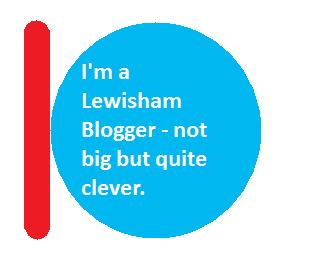Readwriteweb has this very useful comparison of the two online document services. Google Docs is free – Office Live works with a bought copy of Office. The comparison which struck me says:
Collaboration
In Google Docs, collaborators have the ability to work on files together, in-real time. Ten people may edit and/or view a document or presentation at any given time. Fifty people can edit a spreadsheet at the same time.
Although Office Live Workspace allows for collaboration, it’s not real-time, online collaboration. Instead, if one user is editing a file, another will be informed the file is “checked out.” When they finish editing and save their changes the document is checked back in for other users to access.
In the real world how much does this matter or as Wild Apricot asks here which would be of most use to your organisation? It depends how much you want to collaborate. The idea of simultaneously writing documents is a new one for most people because they have not been able to do it. Given the chance (and permission?) to really collaborate – most of us go to it with a passion.
The other thing that crosses my mind is that comparison like this encourage further comparison. Why would you use Microsoft Office over Open Office – Vista over Ubuntu? As the WordPress afficionado’s at Puffbox remind us: “if anything, we’d be more worried about the longevity of paid-for tools.”
technorati tags: google docs Open Office
 Badge of the Lewisham bloggers meetup. Via
Badge of the Lewisham bloggers meetup. Via